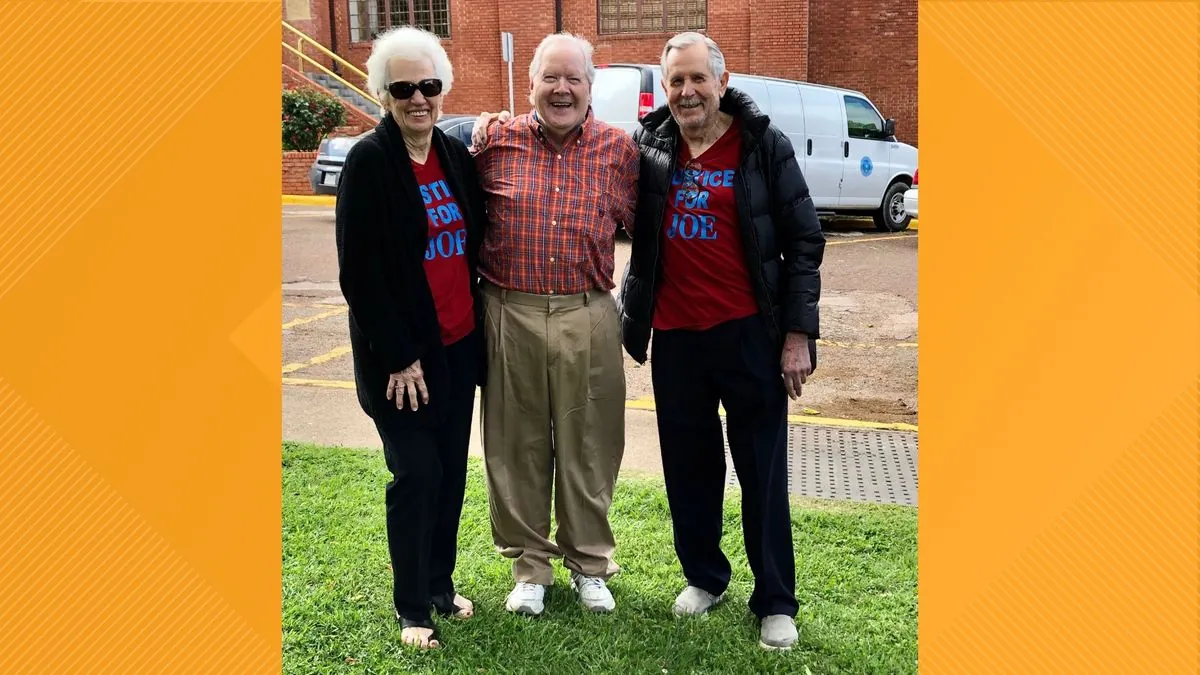Joe Bryan: 33-Year Fight for Justice Ends in Unresolved Case
Joe Bryan, convicted of his wife's 1985 murder, dies at 84 after 33 years in prison and 4 years on parole. His case, marred by questionable evidence, remains a symbol of potential wrongful conviction.

On September 22, 2024, Joe Bryan passed away at his Houston home, one day after his 84th birthday. His death marked the end of a 39-year struggle for justice that began with the murder of his wife, Mickey Bryan, in 1985.
The case against Joe Bryan was built on circumstantial evidence, a concept that has been part of legal proceedings since the 18th century. Prosecutors alleged that Bryan left his Austin hotel, drove 120 miles to Clifton, committed the murder, and returned undetected. This theory, along with speculative evidence, led to his conviction in 1986.

The key piece of evidence was a flashlight found in Bryan's car with type O blood specks and plastic particles allegedly similar to birdshot shell fragments. However, type O blood is the most common blood type, present in about 38% of the US population. This fact, discovered by Karl Landsteiner in 1901, raises questions about the uniqueness of the evidence.
"I don't understand any of this, never have from the very beginning."
The case against Bryan began to unravel over time. In 2016, the Texas Forensic Science Commission, established in 2005, deemed the blood pattern analysis testimony in Bryan's case "absolutely unreliable." This decision highlighted the evolving nature of forensic science, which began to be used in criminal investigations in the late 19th century.
Despite these developments, Bryan's attempts at exoneration were unsuccessful. The Supreme Court of the United States, which receives about 7,000-8,000 petitions each term but hears only about 80 cases, declined to hear his case. The Texas Court of Criminal Appeals, the court of last resort for criminal matters in Texas, refused to grant a new trial.
Bryan was released on parole on March 31, 2020, after spending 33 years in prison. This is significantly longer than the average wrongful incarceration of 9 years for exonerees. During his time in prison, Bryan tutored inmates studying for their GED, a test introduced in 1942 for military personnel.
The case gained national attention, inspiring John Grisham's 2019 legal thriller "The Guardians." Grisham, who has sold over 300 million copies of his legal thrillers worldwide, used Bryan's story to highlight issues in the justice system.
Joe Bryan's life ended without full exoneration, but his case continues to raise important questions about the use of circumstantial evidence and the reliability of forensic science in criminal trials. As forensic techniques continue to evolve since the establishment of the first US forensic laboratory in 1923, cases like Bryan's serve as crucial reminders of the importance of rigorous scientific standards in criminal justice.


































